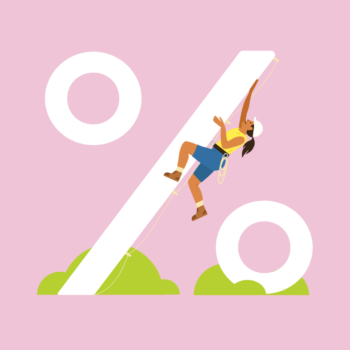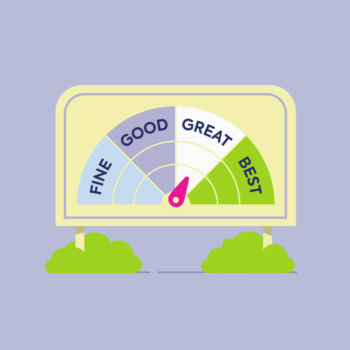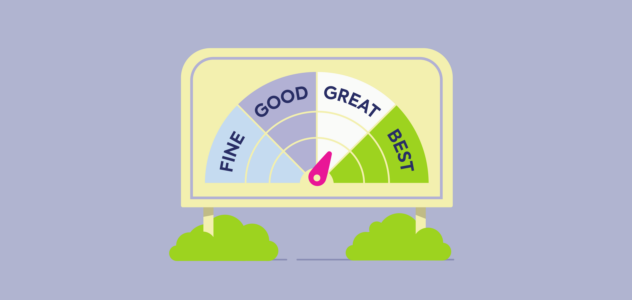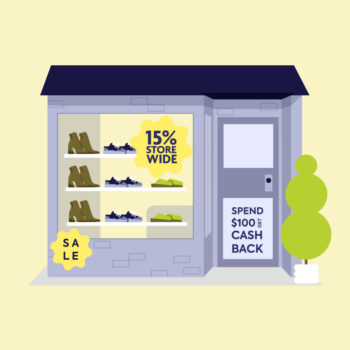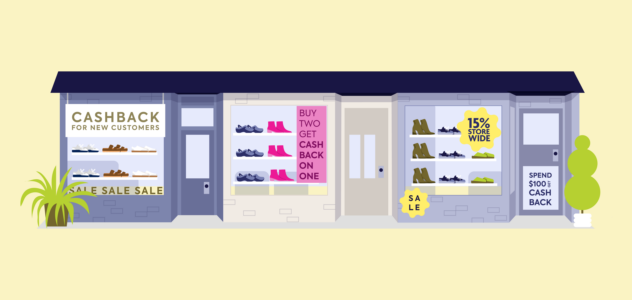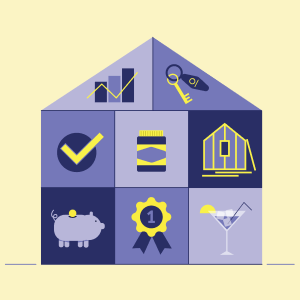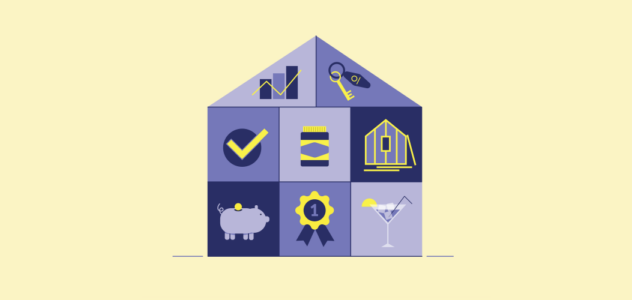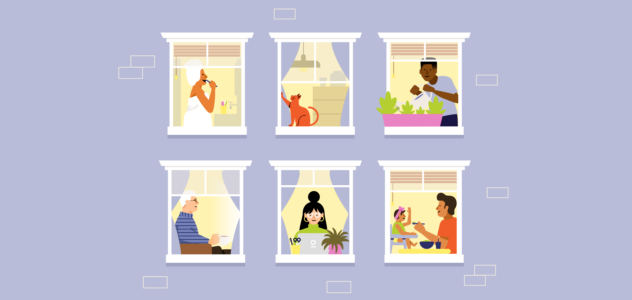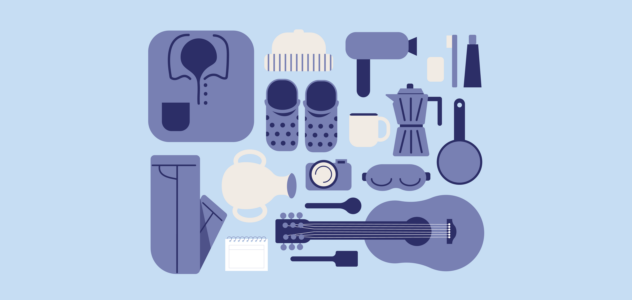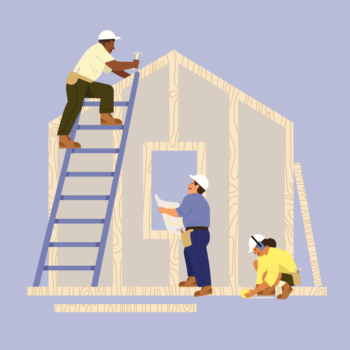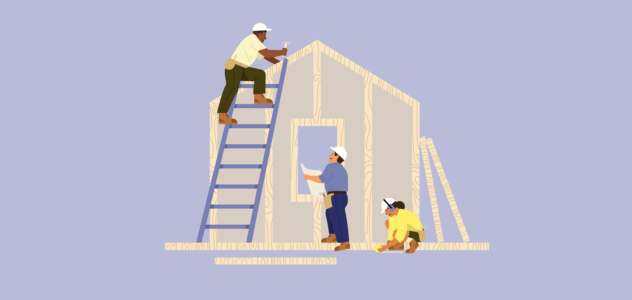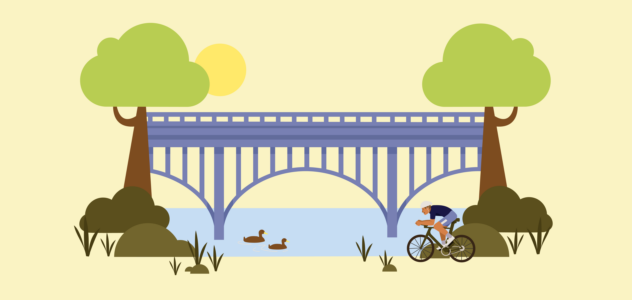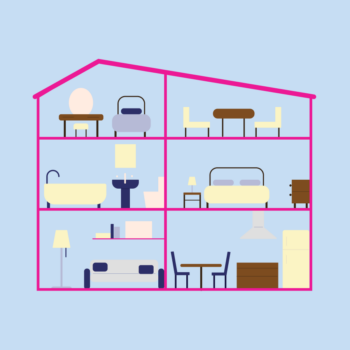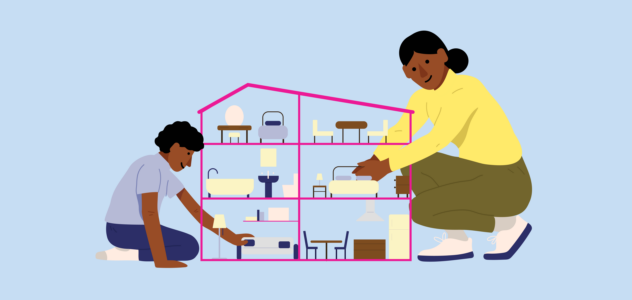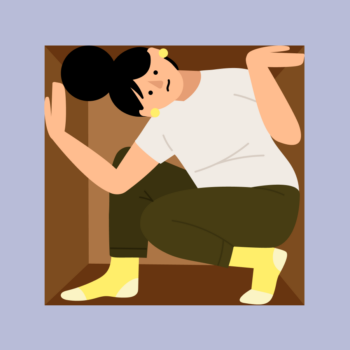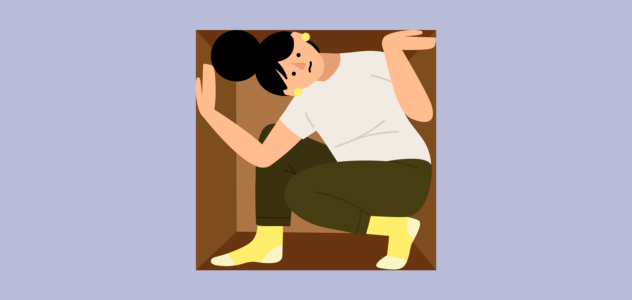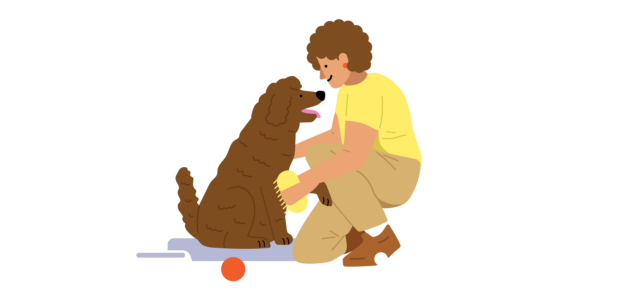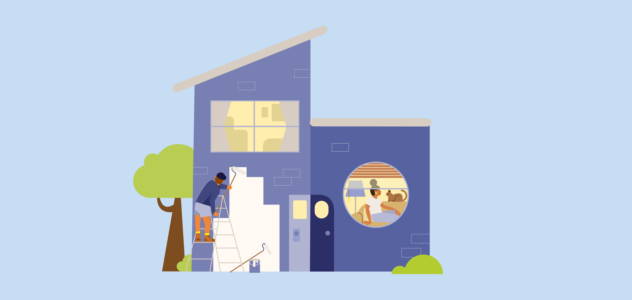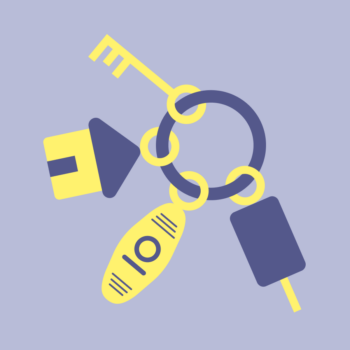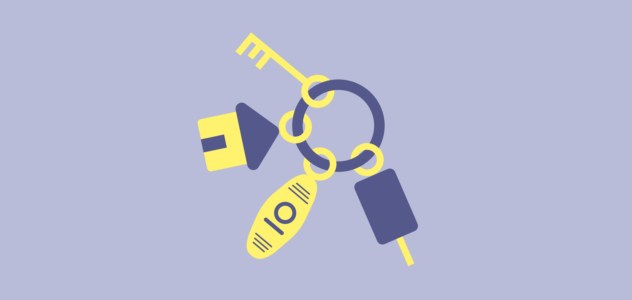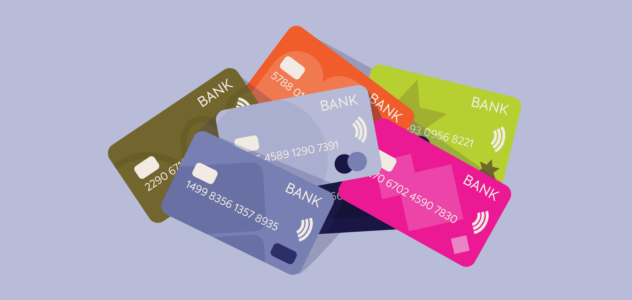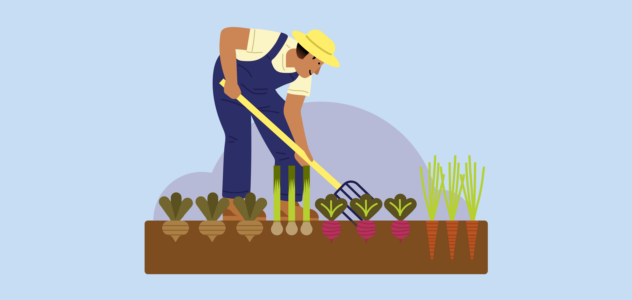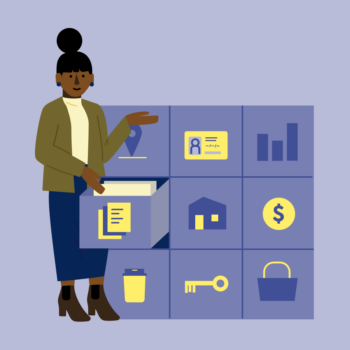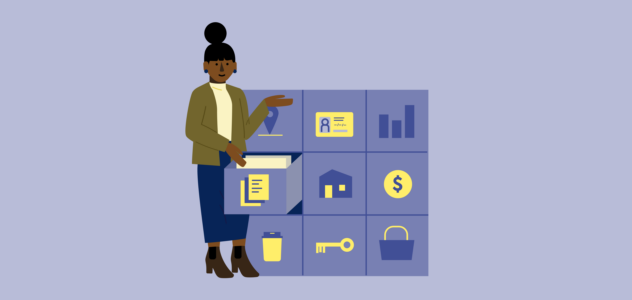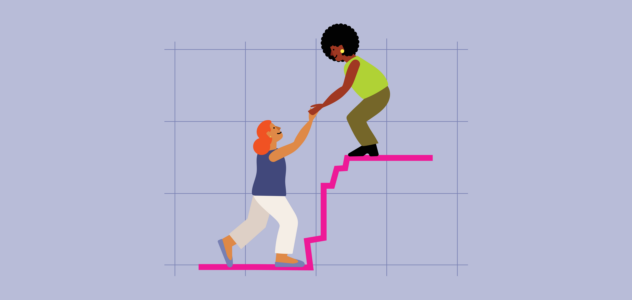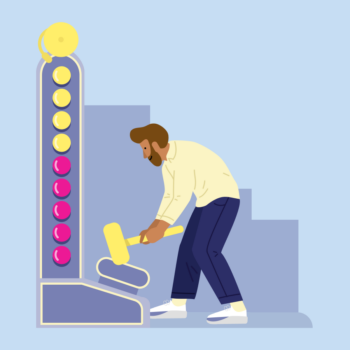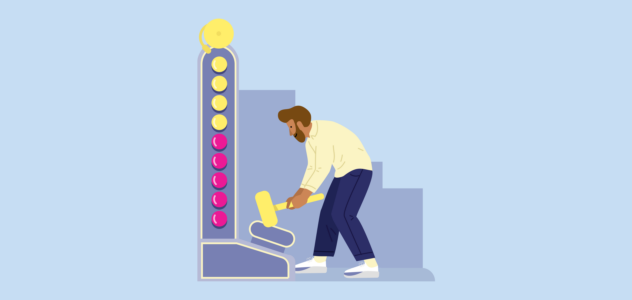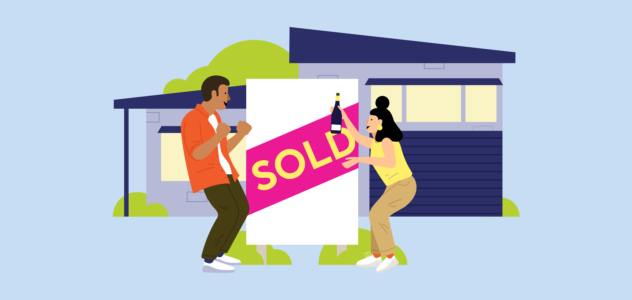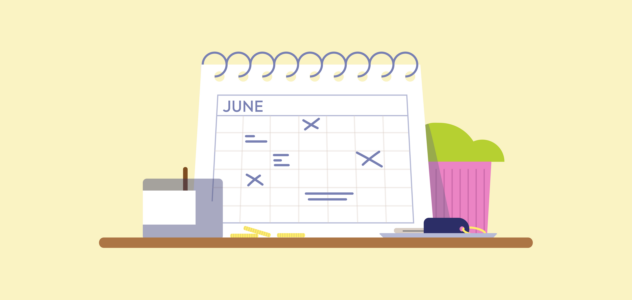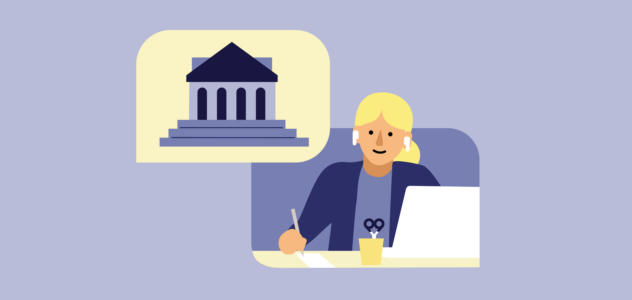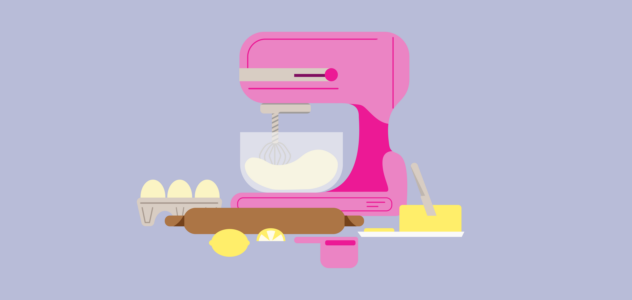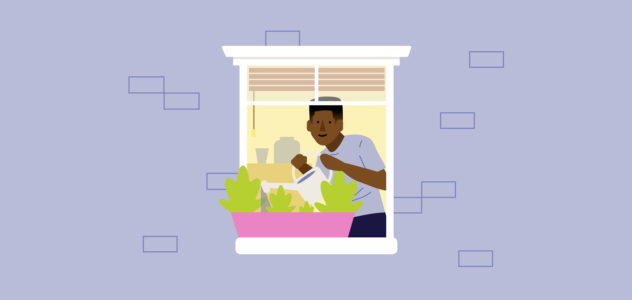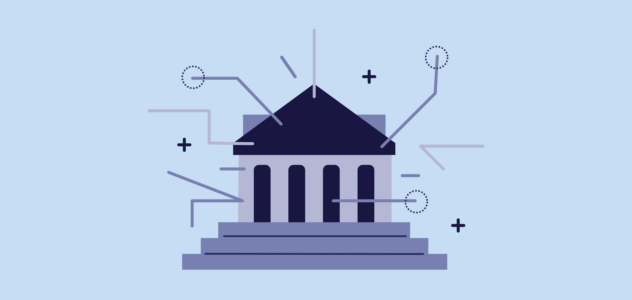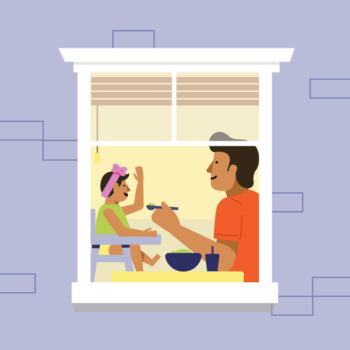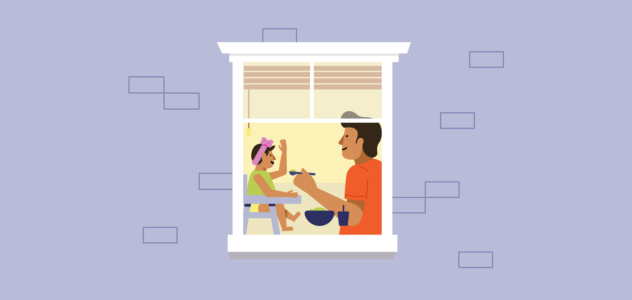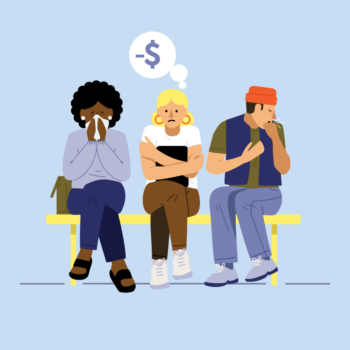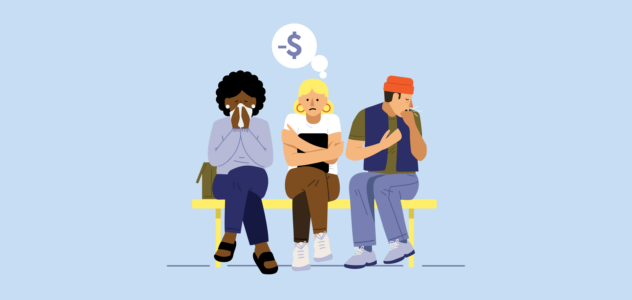As the saying goes… what goes up, must come down.
But if you’re one of the many Aussie homeowners feeling the heat of the 13 rate rises since May 2022, you’re probably wondering when the second half of that saying will kick into gear.
So, will interest rates keep going down in 2025?
Let’s take a closer look at what’s driving interest rates, what the experts say, and when we can expect interest rates to drop. Read on.
Seriously, will interest rates go down in 2025?
The short answer is, nobody can really tell you for sure, but experts can make informed predictions.
Interest rates are largely a response to what’s going on in the economy, and many economists are now predicting that rate rises are now behind us (for now).
While projections vary depending on who you ask, things are looking positive for the first half of 2025.
On the 18th of February, the RBA cut the cash rate by 0.25% – from 4.35% to 4.10%. And, at the time of writing, the market is expecting two more rate cuts in 2025.
But before you get too excited and spend your potential interest rate savings on flights to the Maldives – remember, these are only predictions.
Big bank predictions for exactly how many interest rate cuts we’ll see in 2025 vary between two and five (more on this below).
When will we know if interest rates are going down?
We can typically expect to hear about an interest rate cut (or rise) following an RBA board meeting.
The first RBA board meeting and official cash rate announcement is scheduled for the 18th February 2025.
After that, there are seven more meetings scheduled for the year (although, these can be subject to change):
- 31 March–1 April
- 19–20 May
- 7–8 July
- 11–12 August
- 29–30 September
- 3–4 November
- 8–9 December
Why do interest rates change, anyway?
Ok, let’s go back to the beginning and define interest rates and inflation.
- Interest rates are the price you pay to borrow money from a lender. And it’s ultimately how lenders make most of their money.
- Inflation, simply, is the increasing price of things over time.
While it would be nice to stay on the same interest rate for the life of your loan (ah, the predictability) unfortunately it doesn’t work like that. Australia’s currency and economy can change a lot throughout the life of your home loan — so interest rates need to move with the times.
Enter, one of the (many) roles of the Reserve Bank of Australia (RBA). You’ve probably heard newsreaders banging on about the RBA – Australia’s central bank and the primary decision-maker when it comes to Australia’s monetary policy. And they play a pretty big role in important stuff like the stability of our currency, employment rates and economic prosperity.
So, why are we telling you this? Because the RBA sets a thing called the overnight cash rate, which is the benchmark interest rate used for loans between the banks. A change in the RBA cash rate often trickles down to mortgage holders. Historically speaking, banks and lenders tend to change their interest rates after an RBA cash rate change (see which banks have increased their rates lately here).
So, you can begin to see why we’ve listed the RBA board meeting dates above – they can mark the start of interest rate changes and be a big deal for mortgage holders.
Why have we seen so many interest rate rises?
As it stands, we’ve experienced 13 RBA cash rate rises since May 3rd 2022 (this was the first time we had a cash rate rise since November 2010). Why exactly?
Ok, you’re probably tired of hearing the c-word (ahem, COVID-19). But many of these rate rises have been put down to the aftermath of the pandemic.
At the onset of the COVID-19 pandemic, we saw the RBA lower the official cash rate. And as we’d expect, a lot of lenders followed suit. The reasoning for this was to keep the economy flowing – the less money Aussies were spending on their mortgages and other loans, the more disposable money they’d have to funnel into local businesses. And the plan worked pretty well (flashback to you ordering clothes and takeaway from your couch?)
But this money-spending-party has to come to an end at some point.
Our new spending habits, combined with many other factors like global supply chains, contributed to inflation rising quickly, which can ultimately devalue our currency (yikes).
So, in an attempt to keep the value of our currency, the RBA increased the cash rate. This led to increased interest rates, and higher home loan repayments for many homeowners.
But finally, there might be a light at the end of the tunnel following the aftermath of the pandemic.
What needs to happen for interest rates to go down?
Well, a few things.
Things like inflation, wage growth, and labour supply and demand can all impact the RBA’s cash rate decision – and therefore, your mortgage.
Right now, many economists say the latest inflation data will be key in determining the RBA’s next rate call. To put it simply, inflation needs to stay within a level the RBA is happy with.
Just how far will interest rates drop?
Once again, nobody truly knows. But perhaps we can look to the past – and what the experts are now predicting – to gather some insights.
Historically speaking, over the last 20 years when the RBA has cut the cash rate after a period of stability, they’ve cut the cash rate by an average of 1.88% within a 12-month period.
However, it’s worth noting this historical data did include some pretty major economic events like a GFC and a pandemic, so things may not eventuate exactly as they have in the past.
Here are the figures:
| 12 months starting | Total cuts to cash rate |
| July 1996 | 2.00% |
| Feb 2001 | 2.00% |
| August 2008 | 4.25% |
| September 2011 | 1.25% |
| February 2015 | 0.50% |
| April 2019 | 1.25% |
| Average: | 1.88% |
So, what’s each of the big banks predicting for how far interest rates will drop?
At the time of writing:
- ANZ – economists from ANZ are predicting there will be two 25-basis point rate cuts (that is, a drop in interest rates by 0.25%). They’re predicting one cut will take place in February, followed by another one in August 2025 (ANZ, 2025).
- NAB – The most optimistic of all the banks, the CEO of NAB predicted the first interest rate cut will come in February, followed by a steady and gradual cutting phase that’ll bring the cash rate down to 3.10% by February 2026 (NAB, 2025).
- Commonwealth Bank – CommBank are predicting four rate cuts will occur, with the first cut in February 2025. This would take the cash rate down to 3.10% by the end of 2025 (Comm Bank, 2024)
- Westpac – after initially predicting May, economists from Westpac are now predicting the first rate cut will occur in February 2025 with potential for the cash rate to be down to 3.35% by December 2025. They’re predicting it’ll stay that way until December 2026 (Westpac, 2025).
Interested to see how much you could save on interest rates, based on the current predictions? Visit our repayment calculator to get a quick estimate of your scenario. Just enter in your details and each estimated interest rate.
How will interest rates affect my mortgage?
So, what will *actually* happen on the day so many of us are waiting for – the day when interest rates finally go down.
Will your mortgage repayments automatically go down?
In many cases, yes. Your repayments will likely automatically get reset downwards. The reason? Banks can benefit. In a nutshell, your repayments dropping to their minimum typically means you pay more interest over the life of your loan (cheeky).
Interested to see how much you could save with changing interest rates?
Many homeowners will be breathing a sigh of relief over the big four bank’s predictions. So if you’d like to see what 2025 *could* look like for you, visit our repayment calculator to get a quick estimate of your scenario. Just enter in your details and each estimated interest rate (see what the banks say above).
Is there anything else I can do while I wait?
For some of us, it’s a waiting game (hopefully a short one). But for others, there might be some positive steps you can take right now. If it’s been a while since you’ve had a look at your home loan, it might be a good time to check in with a broker (or home loan expert, as we call them at Finspo).
You might be surprised by how refinancing can benefit your situation.
Chat with a Finspo home loan expert today.
Information last updated 13 March, 2025.



